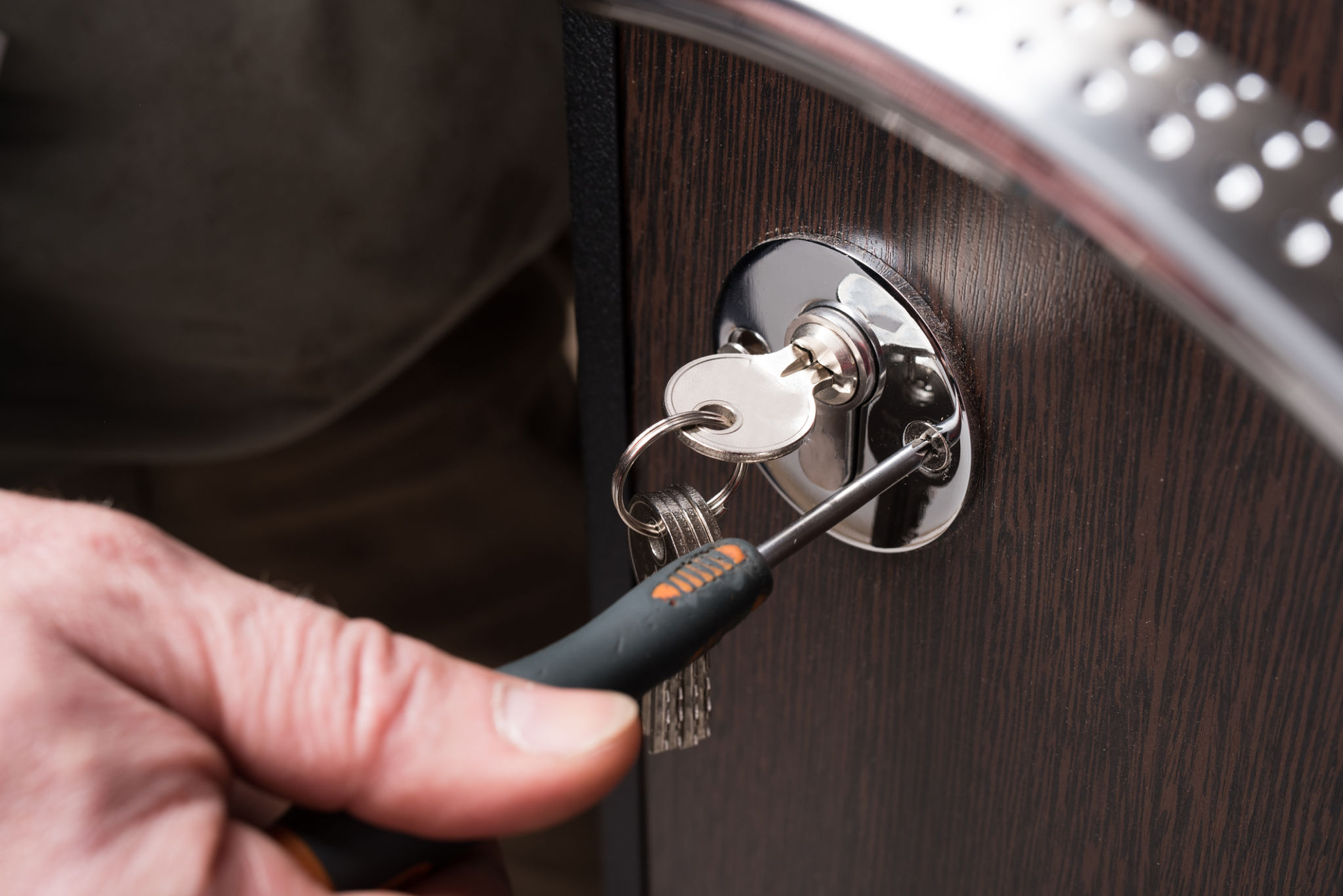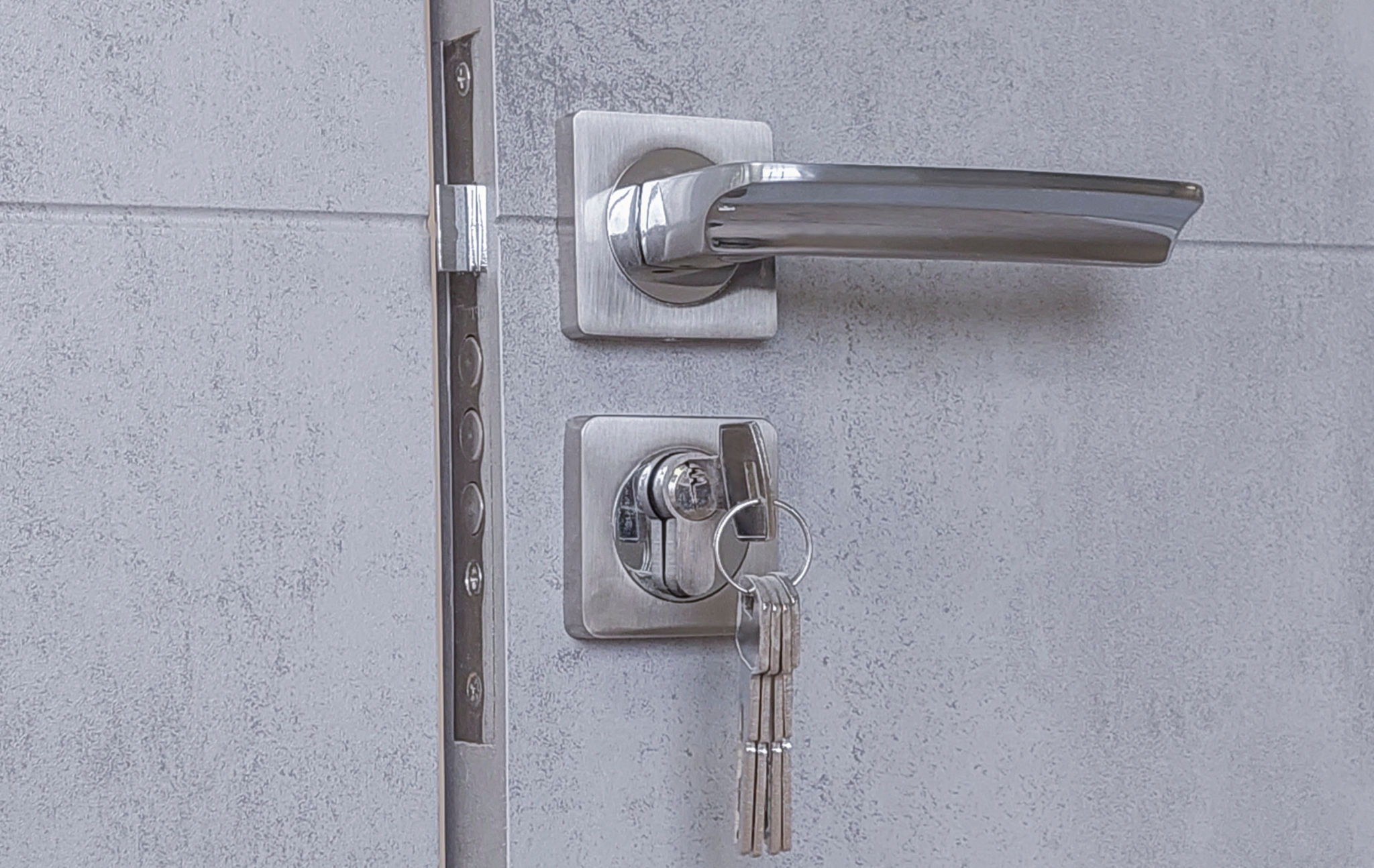DIY Tips for Basic Lock Maintenance to Avoid Emergency Locksmith Calls
Understanding Your Lock System
Maintaining your home’s lock system is crucial for security and peace of mind. Understanding the basic components of your locks can help you identify issues before they become emergencies. Most standard locks consist of the cylinder, bolt, strike plate, and keyway. Familiarize yourself with these parts to better manage minor maintenance tasks.

Regular Cleaning and Lubrication
One of the simplest ways to maintain your locks is through regular cleaning and lubrication. Dirt and grime can accumulate over time, causing locks to become stiff or jammed. Use a dry cloth to wipe down the exterior, and apply a graphite or silicone-based lubricant to the keyway. Avoid using oil-based products as they can attract more dirt over time.
Check for Loose Screws
Over time, the screws securing your lock components can become loose due to frequent use. Regularly check the screws on the strike plate, faceplate, and doorknob. Tighten any loose screws with a screwdriver to ensure your lock remains stable and functions properly.

Key Management
Proper key management is essential in preventing lockouts and unnecessary wear on your lock system. Ensure you have a spare key stored in a safe location and avoid using worn or damaged keys, as they can harm the lock mechanism over time.
Rekeying and Replacing Locks
If you’ve recently moved into a new home or lost a key, consider rekeying your locks. This process involves changing the pin configuration within the lock cylinder, allowing you to use a new key without replacing the entire lock. Regularly assess whether it’s time to replace older locks, which may be more susceptible to break-ins.

Weatherproofing Your Locks
Locks exposed to harsh weather conditions can suffer from rust and decreased functionality. Apply a protective coating to exterior locks to prevent rusting, and consider installing weather-resistant locks in areas prone to moisture or extreme temperatures.
Testing Your Locks
Routinely testing your locks is an effective way to catch potential issues early. Insert and turn the key several times to ensure smooth operation. If you encounter resistance or difficulty in turning the key, it may be time for maintenance or replacement.

Conclusion
Regular maintenance of your lock systems is a simple yet effective way to avoid the inconvenience of emergency locksmith calls. By cleaning, lubricating, checking for loose components, managing keys effectively, rekeying when necessary, weatherproofing, and routinely testing your locks, you can ensure they remain in good working order for years to come.
